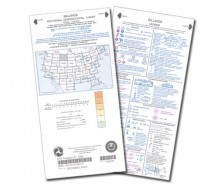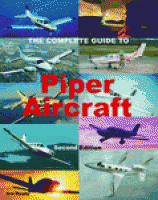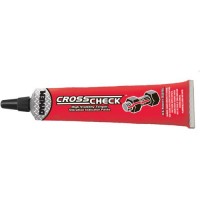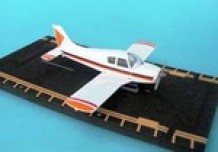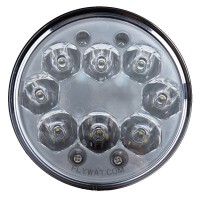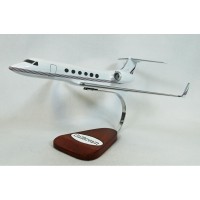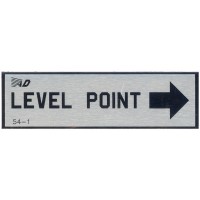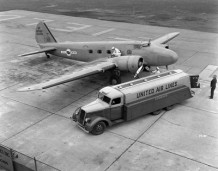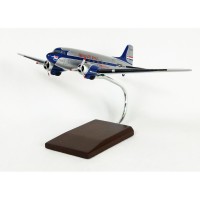SAME DAY SHIPPING ON ORDERS PLACED BY 4 PM | 877-4-SPRUCE
Images Of Aviation: Boeing Field Book
$18.50/Each
Part# 13-16627
MFR Model# 9780738556154
MFR Model# 9780738556154
Overview
| Even before there were runways, the area south of the city of Seattle was Washington’s aviation hub. Charles Hamilton, a daredevil dubbed “Crazy Man of the Air,” became the first flyer in the state when he coaxed his Curtiss biplane into the sky over Meadows Racetrack in 1910. He promptly crashed. With the help of William Boeing and his growing aviation company, Boeing Field opened in 1928. In those early days, brave air travelers could hitch a ride along with bags of mail in cold, noisy biplanes. Bigger, better aircraft soon followed, but wartime intervened. Thousands of Flying Fortress bombers emerged from Boeing’s Plant 2 at the edge of the airfield and winged off to war. In the years after, Boeing Field served a dazzling array of winged machines—from the smallest Piper Cub to Air Force One. |
WARNING: Cancer and Reproductive Harm - www.P65Warnings.ca.gov. |
Q&A
Please note, Aircraft Spruce's personnel are not certified aircraft mechanics and can only provide general support and ideas, which should not be relied upon or implemented in lieu of consulting an A&P or other qualified technician. Aircraft Spruce assumes no responsibility or liability for any issue or problem which may arise from any repair, modification or other work done from this knowledge base. Any product eligibility information provided here is based on general application guides and we recommend always referring to your specific aircraft parts manual, the parts manufacturer or consulting with a qualified mechanic.


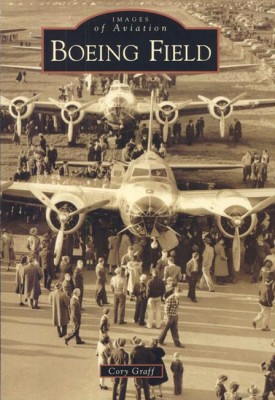





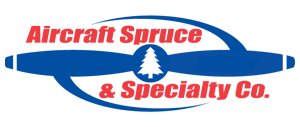 FREE Shipping
FREE Shipping

